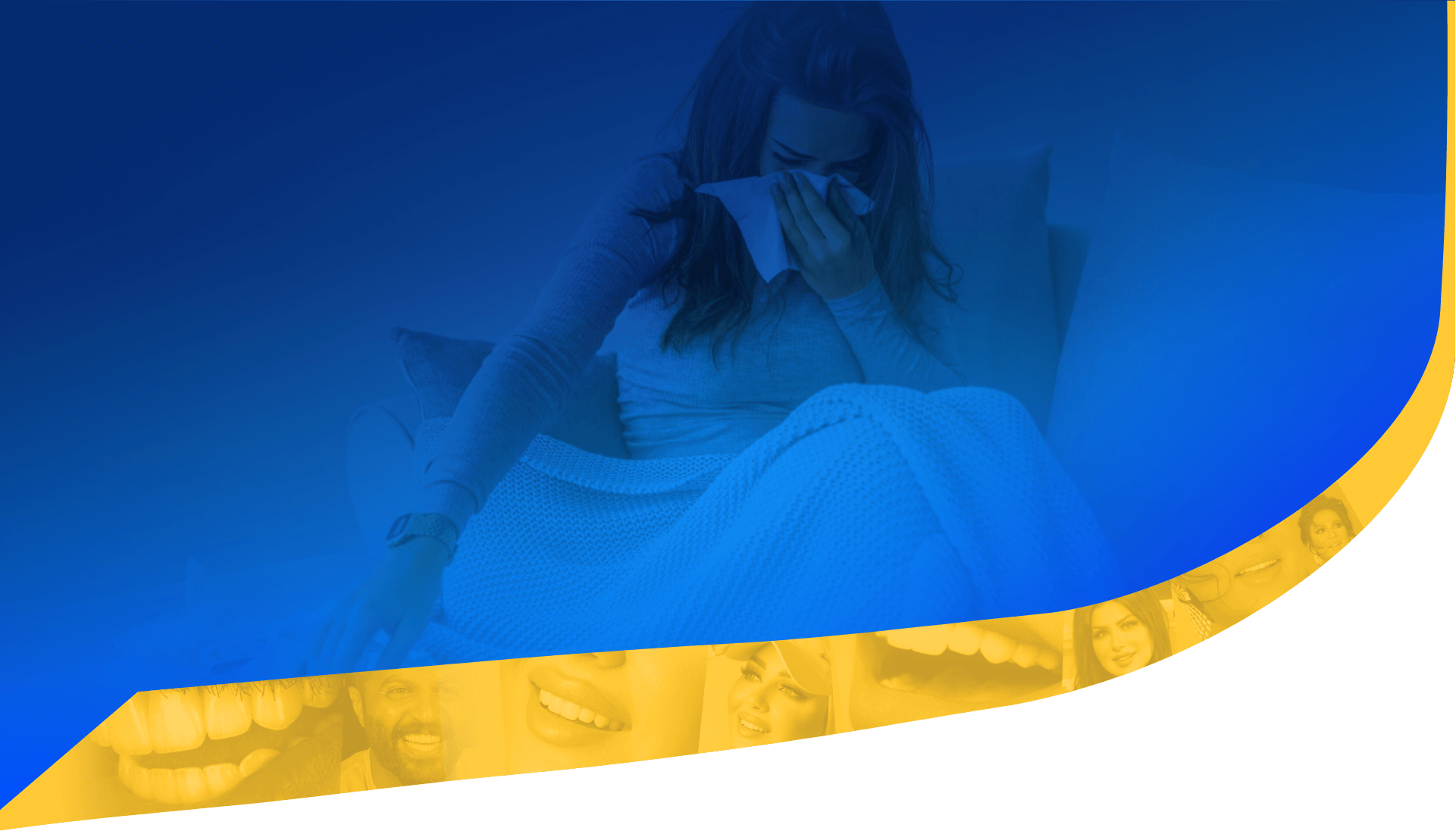Food and Bad Smell

Some food molecules remain stuck between the bristles of the tongue and between the teeth after eating for not a few periods, and will not disappear permanently until after the saliva has dissolved. As long as the particles of smelly foods (such as garlic and onions) are stuck, the breath will still exist. Therefore, brushing the tongue primarily, brushing the teeth and using floss after eating foods that cause bad breath helps to reduce them. But it won't remove it completely because no matter how thorough the cleaning, it won't remove all the residue strapped to suspended foods, it won't happen until the saliva after some time has been completely removed.
-
1What does the tongue have to do with bad breath?
Not brushing teeth and tongue daily and not flossing causes food particles to remain in the mouth. The presence of these food particles provides a suitable environment for the growth and reproduction of bacteria that secrete an unpleasant bad breath. The process of removing bacteria on the tongue is the first and most important step to solve the problem of bad smell.
- If you use dentures without bothering to clean them thoroughly, bad breath-causing bacteria will find you easy prey for them.
- Smoking various tobacco products are also causes bad breath and yellowing of teeth, as it impairs your ability to taste food and irritates gum tissue.
-
2What does the tongue have to do with bad breath?
The tongue has many cracks. People have a problem of bad breath if these cracks are deep. Small amounts of food enter these deep cracks and saliva alone cannot rinse and clean the leftovers. The bacteria in the mouth analyze these residues, the source of the foul-smelling sulfur.
Brushing the tongue or using a tongue cleaning tool removes leftovers and bacterial cells accumulated on the surface of the tongue, thus avoiding bad breath.
What diseases are associated with bad breath?
The smell and taste of the foul mouth is a sign of gum disease. These diseases are caused by not following the instructions for cleaning the teeth and the accumulation of plaque on the teeth. The gums irritate when plaque bacteria secrete their residue and these residues are poisons that cause gum disease and bad smell.
Bad breath can be caused by:
- Tooth decay
- Non-firm dentures
- Fungal infections within the mouth
- Dry mouth (a condition caused by lack of saliva secretions inside the mouth): Saliva is essential for cleaning and disinfecting the mouth by removing the remnants of bacteria in the mouth. If these residues are not removed from the mouth, they rot, causing bad breath.
Causes of dry mouth include:
- Taking certain types of medications
- Some viral infections
- Problems with the saliva secretion glands
- Continuous breathing through the mouth
Exposure to certain health conditions or certain diseases outside the mouth may lead to bad breath such as:
- Respiratory infections
- Chronic sinus infections
- Diabetes
- Liver or kidney problems
-
3Who treats bad breath ?The dentist is the first reference to treat bad breath. If your dentist acknowledges that you do not have any problem inside the mouth, then the judgment is up to your family doctor or a specific specialist who determines the source of the odor and then assigns the appropriate treatment plan.
-
4You can avoid bad breath by:
You can avoid bad breath by:
Follow oral and dental health guidelines:
- Brush your teeth twice a day using fluoride toothpaste to remove leftovers and plaque
- Brush your teeth after every meal you eat: (You should keep an extra toothbrush at your workplace or school to brush your teeth after lunch).
- Don't forget to brush your tongue too: the tongue is the largest store of bacteria in the mouth.
- Replace your toothbrush: with new ones every two to three months.
- Use dental floss: once a day. The floss helps you reach bacteria that are positioned in places where regular toothbrushes can't reach to ensure that fine leftovers and plaque are removed from your teeth.
- If you are a denture user: Remove it before bed and clean it thoroughly before using it when you wake up.
- Check with your dentist regularly: at least twice a year - because it will thoroughly check the health of your mouth and teeth and will be able to detect and then treat any diseases surrounding your teeth or gums, as well as treat you if you have dry mouth disease, or any other problems that may cause bad breath.
- Stop smoking: or take various tobacco products. Ask your dentist for some helpful tips that will help you quit this harmful habit.
- Drink plenty of water: this contributes significantly to your mouth and throat and increases the amount of saliva in your mouth.
- Eat gum products: Preferably sugar-free.
- You should stimulate (increase) saliva production: inside your mouth, which plays an important role in removing and sweeping bacteria and the remains of fine foods.
Dry mouth is not only uncomfortable or a cause of constant malaise, it is also an unhealthy thing for many people. Fortunately, there are many effective ways to remedy this problem.
Saliva plays an important role in maintaining oral and dental health, and its most important functions are:
- Cleanse and moisturize the mouth.
- The equation of acids resulting from the plaque layer on the teeth.
- Remove overlapping dead cells on the tongue, gums and cheeks from the inside.
- Control and reduce inflammation or damage caused by bacteria and fungi inside the mouth.
- Contribute to chewing, tasting, swallowing and digesting food.




















comment